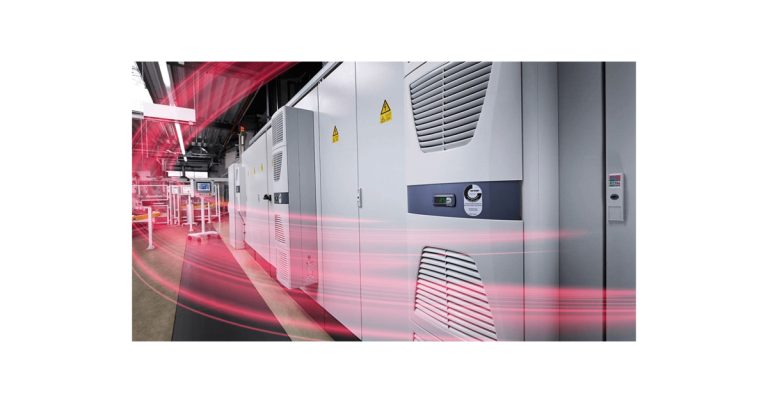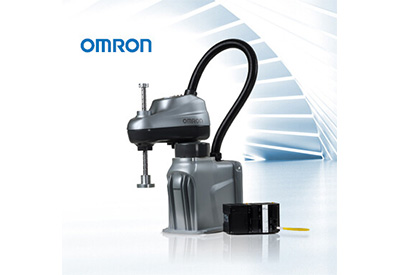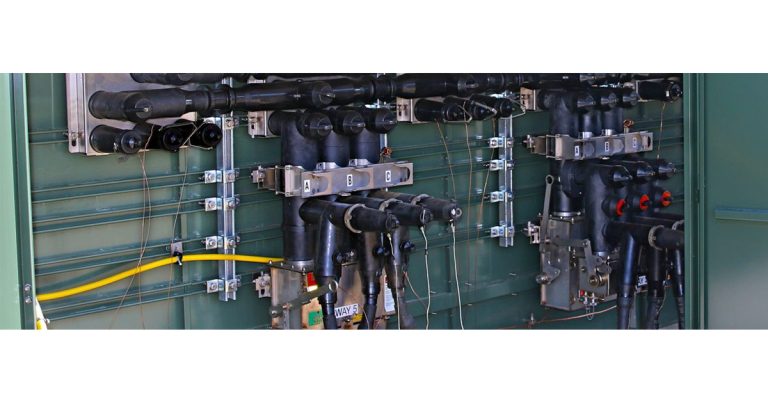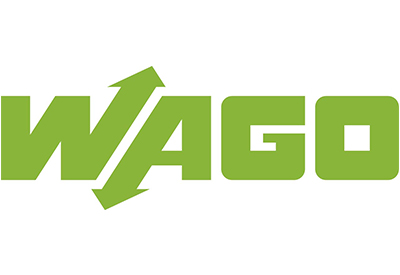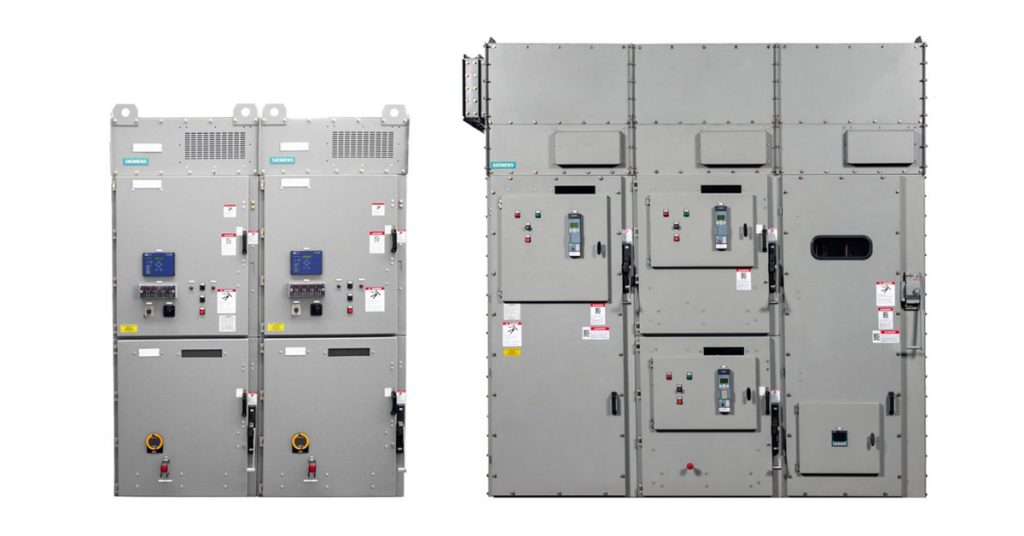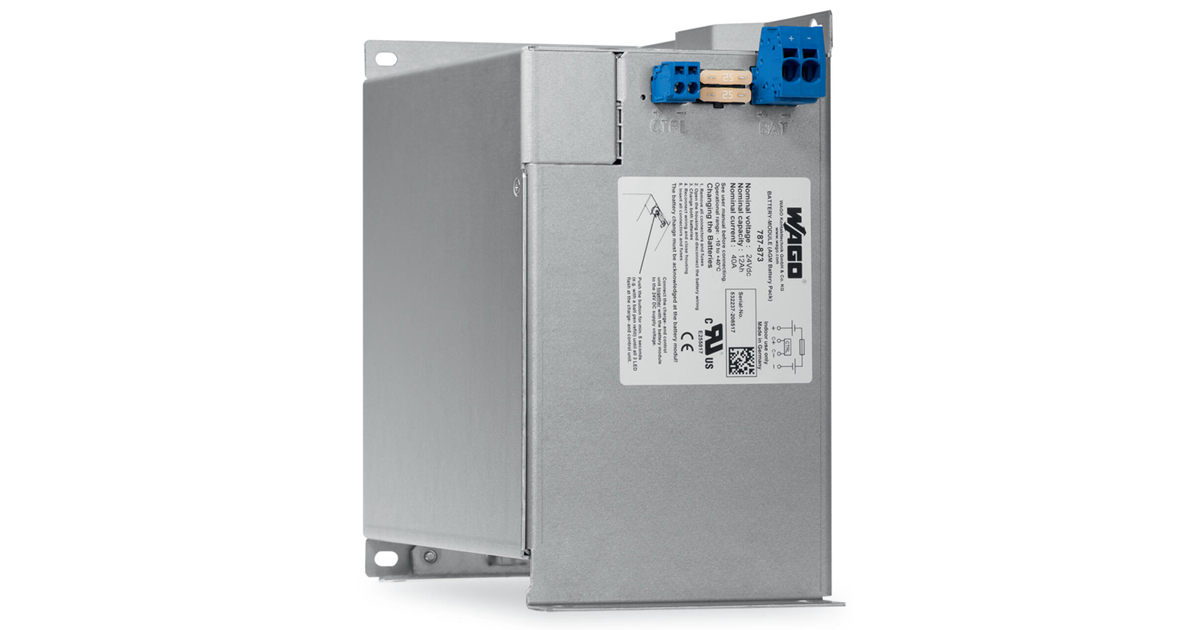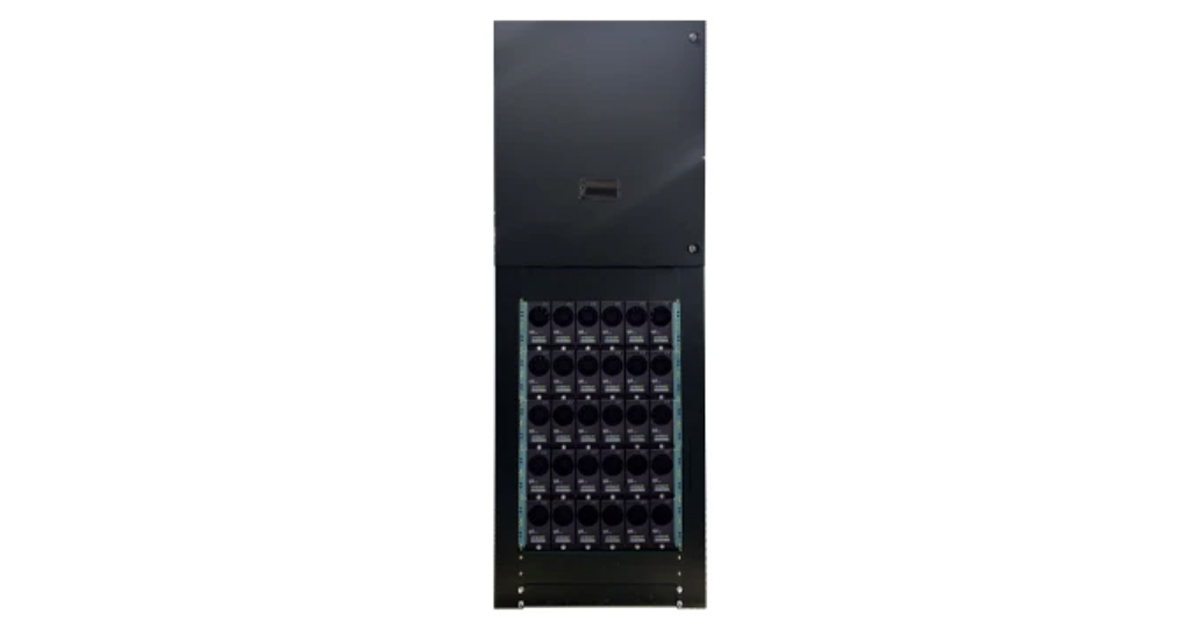Why Is System Integration Important for Your Business?
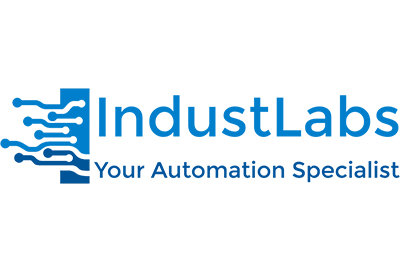
April 6, 2021
System integrators create throughlines that allow automated systems to more efficiently communicate with each other and with operators. Many industries, especially those that rely on information technology, computer networking, and automated machinery, implement system integration to achieve more efficient processes.
Integrating your systems also helps make devices compatible with the Internet of Things (IoT). This helps you better coordinate between systems and appliances to get an edge in your business practices. Doing so will also make your automated manufacturing processes more efficient, as integrated machinery can more effectively communicate and resolve issues and information across the system without having to rely on operators.
Understanding Industrial Control System Integration
Industrial control systems help automate production processes, and integration often functions to bring these control systems closer together by combining the workloads of each individual component, including software infrastructure and network security.
One of the most prevalent types of system integration is supervisory control and data acquisition (SCADA), which combines software and hardware elements to allow companies control and monitor their industrial processes locally or remotely. These systems also facilitate real-time data processing and monitoring.
System integration centers on the use of electrical control panels. These panels include customizable components like programmable logic controllers (PLCs), variable frequency drives (VFDs), and silicon-controlled rectifier (SCR) power thermal systems.
TYPES OF SYSTEM INTEGRATION
Many methods exist to achieve optimal system integration. We’ve listed a few of the most notable ones below:
- – SCADA integration: Web HMIs allow you to create user interfaces that can interact with real-time server data, which makes various applications available on any device that can connect to the internet. HMI systems can be integrated with SCADA systems that are already in use.
- – Automation components: Customizable components incorporated in each control panel can automate machine-level tasks, such as motor speed, start/stop operations, and other intelligence-based operations.
- – PLC: System integrators can develop, program, and configure PLCs and remote terminal unit (RTU)-based control systems in industrial applications like wastewater collection. Efficiently integrated PLC technology can automate flare stack operations within a production oil field by using sensors within the stack to feed data to the system. This helps evaluate key performance indicators (KPIs) that assess gas and pressure buildup within wells. By leveraging the KPIs that detect ignition failure in the stack, these procedures result in increased productivity and profits.
- – VFD: Clean-powered VFDs perform well in extreme weather conditions, including deserts and mountainous regions. The benefits of VFDs include:
- – Compensation for changing irrigation demands, which lowers energy costs
- – Reduced maintenance costs
- – Increased productivity, which improves crop quality
VFDs most commonly occur in water pump systems in wastewater treatment facilities. These systems monitor pressure to help control the pump speed in an attempt to maintain optimal operating conditions. Efficiency upgrades, including variable speed drives, can help subsidize up to half of a project’s total cost.
How System Integration Benefits Manufacturing Automation
Integrating your automated manufacturing systems results in a smoother workflow and more efficient production processes. Allowing your production machinery to communicate between different areas will help your overall system better navigate conditions within your plant as they emerge.
For example, if the system notices a defective process in one area, it can automatically adjust its components to successfully navigate around the area. Additionally, integrated production machinery can automatically calibrate itself to conform to new production parameters should your needs change over time.
What to Expect From a System Integrator
There are many system integrators out there, but finding one that can understand the unique needs of your facility is essential to creating a positive working relationship. Good systems integrators aren’t afraid to take the time to listen to their clients’ needs. Your own engineers will always be the ones most familiar with your facility’s needs, so it’s important to work with a provider that puts your goals ahead of its ambitions.
Industrial System Integration With IndustLabs
IndustLabs brings more than a decade of experience in building custom automation solutions for manufacturing partners across a number of industries. Contracting them for your next system integration project will help you
- – Reduce costs
- – Save time
- – Eliminate waste
- – Increase the scale of your manufacturing process
IndustLabs bring a time-tested track record of quality service to all their projects. For example, they worked with a coffee extracts business called Tazza Pronto (located in Tyler, TX) to help them achieve more efficient automated processes. They chose to work with IndustLabs due to their proficiency in working with SCR power thermal systems. Because temperature regulation plays such an important role in their line of work, it was important to find effective ways for their systems to automatically determine the best temperature settings for each stage of the production process.
SCR systems control the flow of electricity to a facility’s heating system from the greater electrical grid. Knowing when to alternate temperatures in industrial ovens, furnaces, and other thermal processing equipment results in better products and less waste. Working with Tazza Pronto’s engineers to determine the best heating strategies for their coffee grounds and extracts, IndustLabs were able to reduce up to 90% of the waste associated with their production processes.
![]()
https://www.industlabs.com/news/2020/7/23/why-is-system-integration-important-for-your-business


